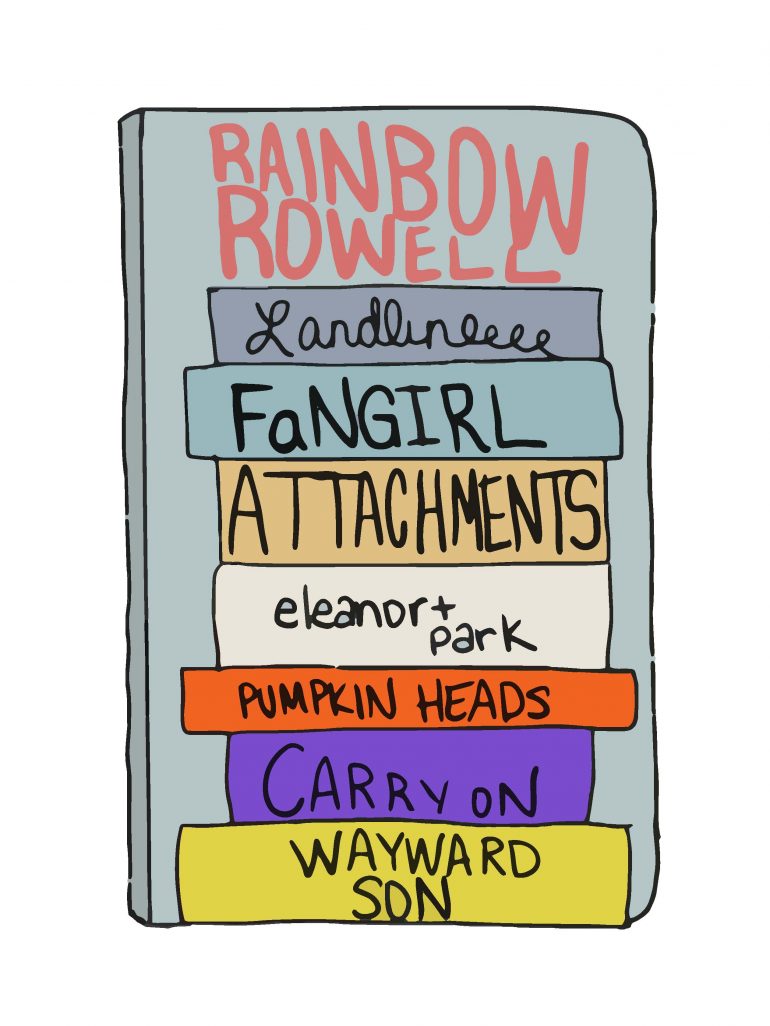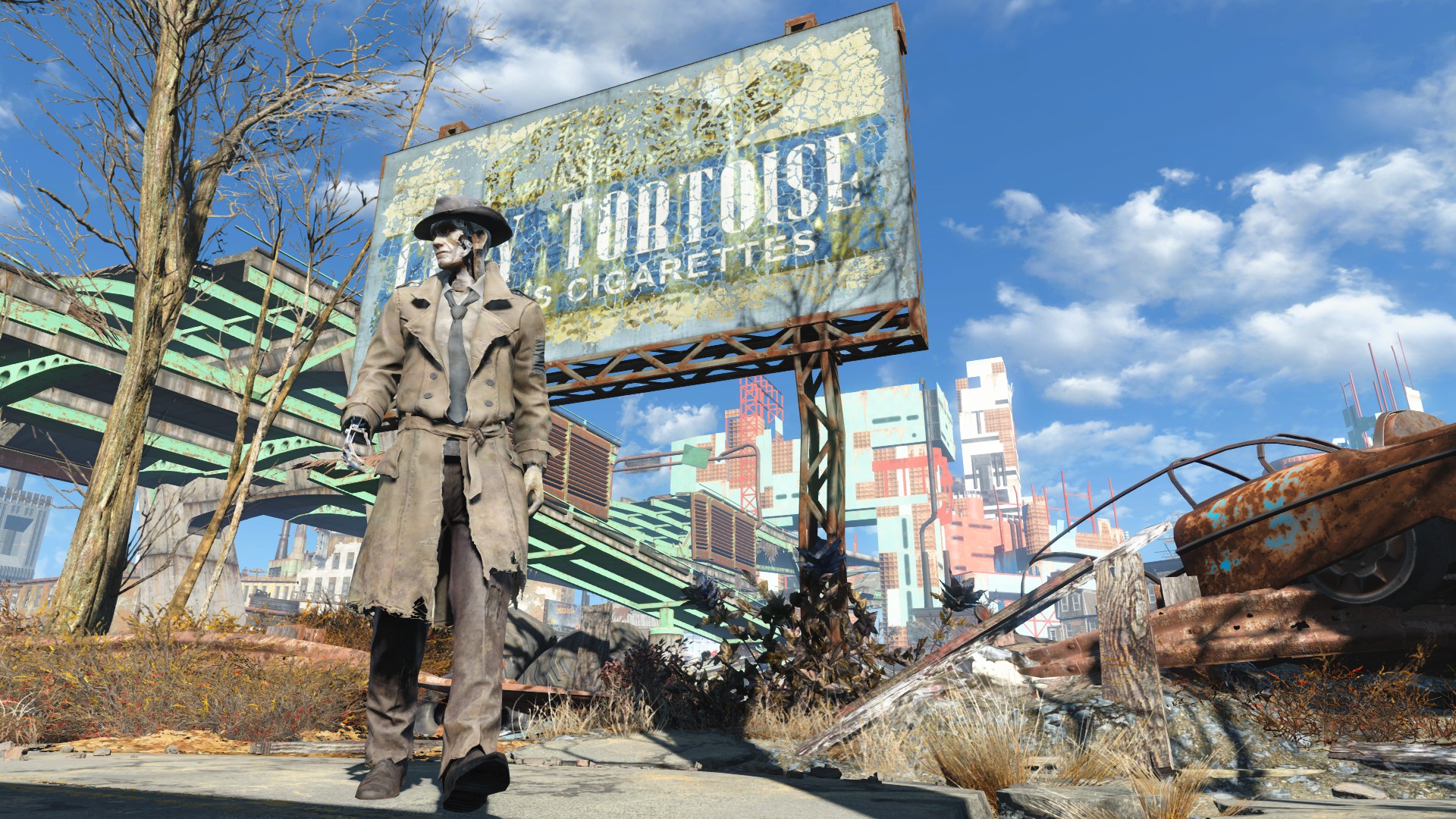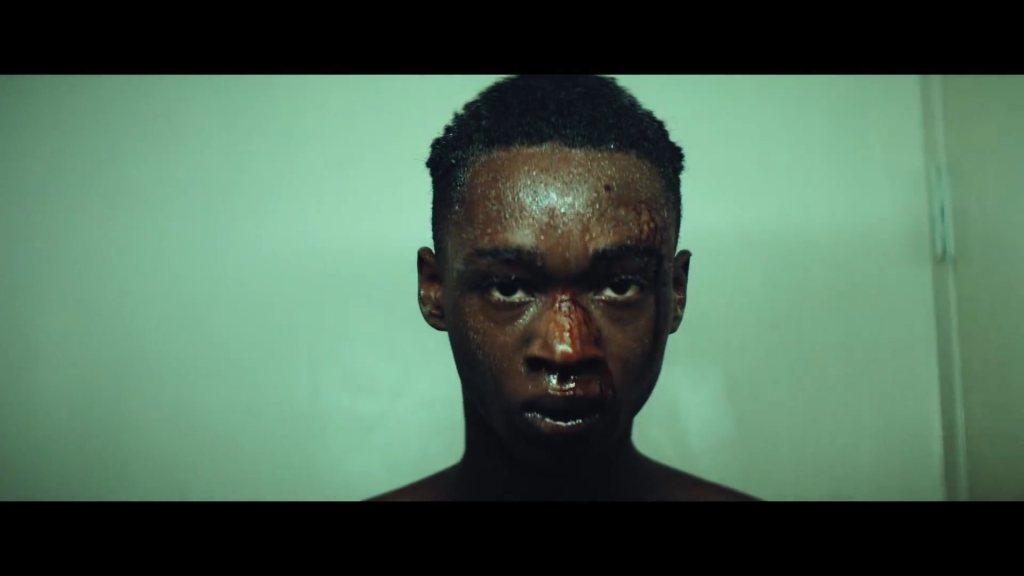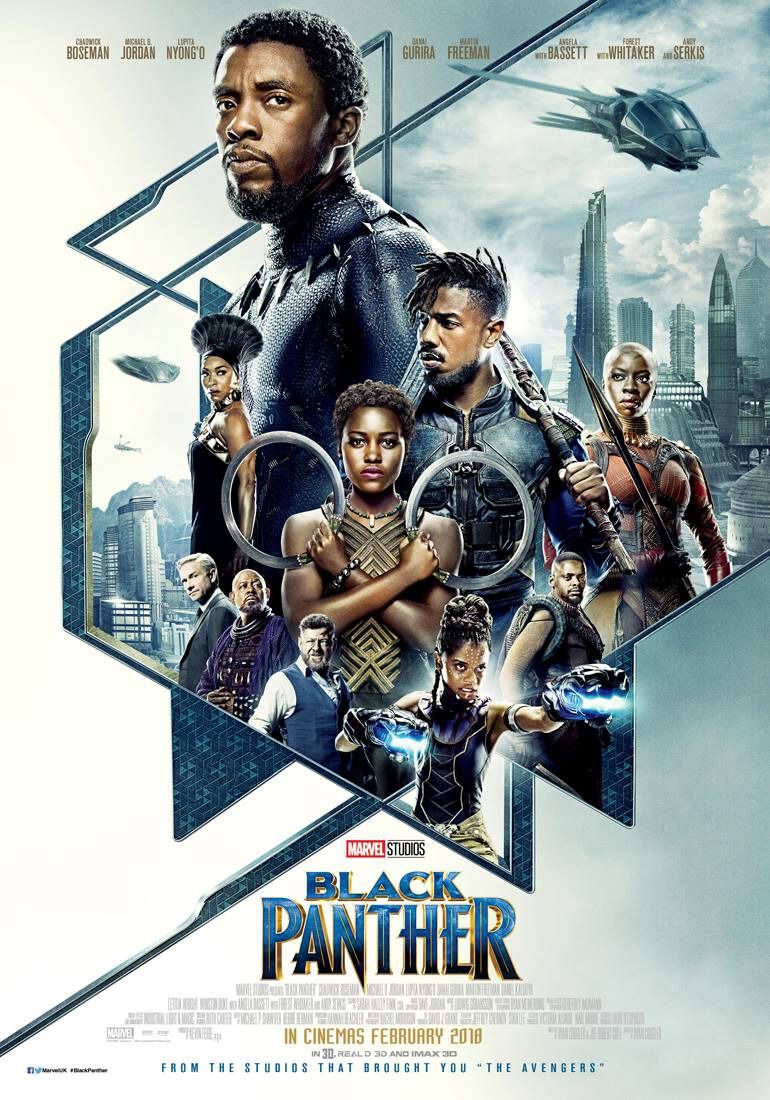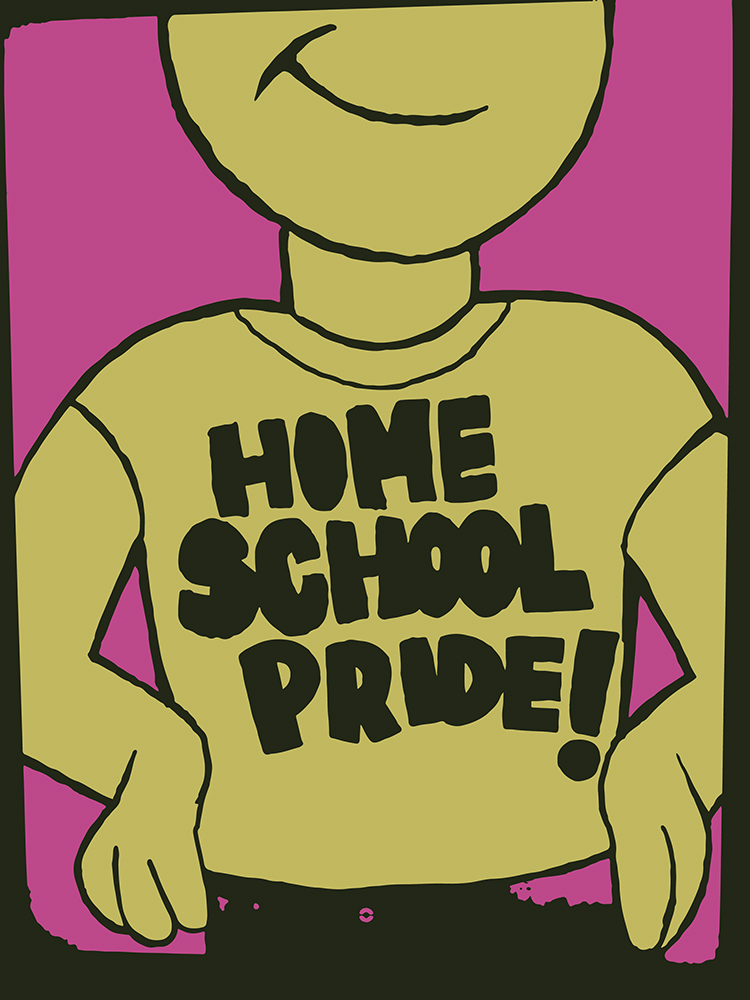I’ve always been a strong believer in the idea that media can both change and save a person’s life. When I was 15 and 16, I struggled with depression and anxiety. I found solace in films, music, and, most importantly, books. I lost myself in fictional worlds and, in the midst of my darkest year, finished more than eighty books and poured my soul out online by way of my own personal book review blog. That was a little over four years ago, and although I still consider myself an avid reader, my tastes have largely evolved from young-adult fiction to horror and romance books (quite the contradictory taste, huh?). To be honest, I hadn’t really thought a lot about young-adult fiction until flipping through the schedule for the Portland Book Festival. When I saw Rainbow Rowell was attending and partaking in several panels during the day, I flashed back to my book review days when her works were some of the many I consumed and reviewed. I instantly knew I wanted to attend to see how the young-adult genre had changed, and whether it was still as relevant as it had been several years ago.
My first realization that the young-adult genre has continued to thrive, and not just thrive but expand significantly, was the two-block line of young teens waiting for the day’s YA panel. The excitement in the air was electric and became even more magnified as time passed. The venue the panel was held at had a max capacity of 350 people– a cap that was completely filled by the time the event started. Although I had known young-adult fiction was still prevalent, I was shocked to see how many teens were in attendance. Just four short years ago, events like this would’ve had perhaps half of the crowd size. To see that the YA genre had not only grown exponentially, but that it very clearly meant something pivotal to its readers, was a heart-warming realization.
Although most of the content of the panel was slightly lost on me since I’ve delved far from the YA realm, I still thoroughly enjoyed myself. Rainbow Rowell was a delight, and clearly knew how to make her audience feel safe and welcome. I saw myself in many of the young girls attending the panel—from the frizzy hair and braces, to the awkward anxious twitching, and sheer bubbling excitement to be in the same room as an author who wrote something that feels like a part of your soul—every aspect of my 15-year-old self was reflected back at me. There was one girl in particular in the far back who touched my heart. She was so excited to have the opportunity to speak that half of her time spent with the microphone consisted of her incoherently squealing about how much Carry On meant to her, to the point where she nearly forgot she was supposed to ask Rowell a question. It was such a distinct me moment that I couldn’t help but grin; at 17, I got to meet one of my favorite authors and made a fool of myself as I exuberantly wheezed about my love of one of her characters. There is just something so tremendously powerful about the love that exists between teenage readers and the books they read that give them solace. The amount of broken, battered copies of Rowell’s books that I saw in just the few rows next to me, spoke volumes about how important her work was to all of those in attendance.
My departure from the young-adult genre has made me no less fond of YA books. I still herald many of the ones I read during my formative years, and several of them are still placed lovingly on my “favorites” shelf at home. My younger self could never have imagined the genre growing so vastly, nor could she have foreseen the way in which it would continue to impact a younger generation, just as it did for her. The sparkle I saw in the eyes of every young teenager in that venue filled me with enough joy to last a lifetime. I can only imagine the struggles that some of them are facing at this moment. I’m so thankful young adult books continue to thrive and be available for teens to find comfort in. It’s a testament to the power of words, and the healing that can come from fictional worlds.
Illustration by Haley Riley

